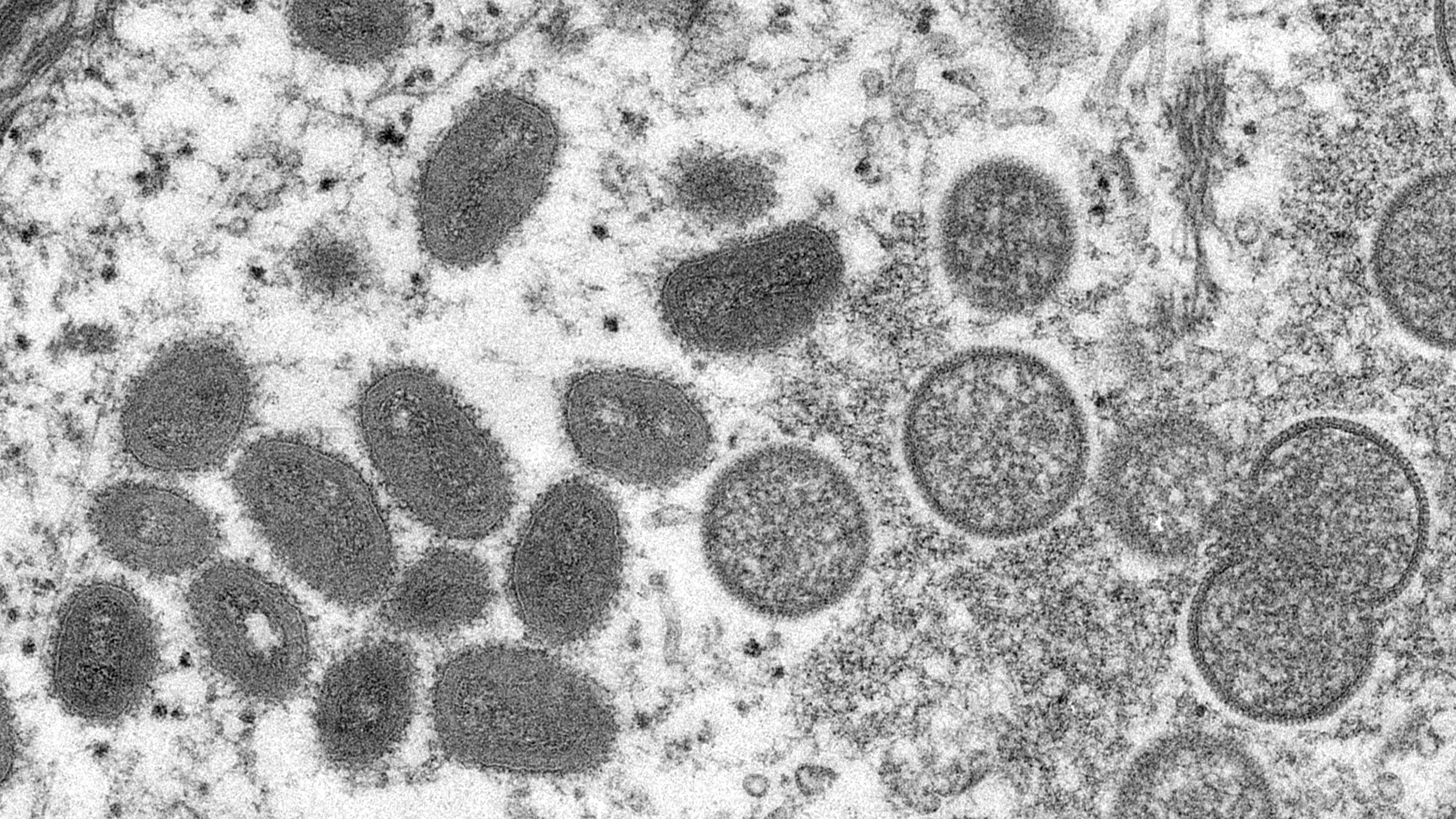
An advisor for the World Health Organization told the Associated Press on Monday that the current outbreak of monkeypox in Europe and North America may have been caused by sex at two raves in Spain and Belgium.
Most of the cases of the smallpox-related virus have been reported in Spain, Portugal and the U.K., according to the WHO.
David Heymann, an infectious disease epidemiologist and WHO advisor, told the Associated Press that sexual contact has amplified the transmission of monkeypox.
In Central and West Africa where monkeypox is endemic, the virus can be spread from wild animals to humans.
RECOMMENDED VIDEOS FOR YOU...
This is everything you need to know about the Monkeypox outbreak.
The European Centre for Disease Prevention and Control said that most of the reported monkeypox cases in Europe are in men who have sex with men.
Human-to-human transmission of the virus can be accomplished through close contact with infectious material from a person's skin.
Most of the cases have been mild, according to the ECDC.
Most of the current cases have presented with mild disease symptoms, and for the broader population, the likelihood of spread is very low.
According to the CDC, there are a number of symptoms of monkeypox. A rash that spreads from the face to the rest of the body can be seen at about day 1 to day 3. After two to four weeks, the disease resolves on its own. The ECDC recommends that people who have been exposed to the disease stay isolated.
The CDC said that monkeypox can cause severe disease in young children and pregnant women.
There are 92 confirmed monkeypox cases and 28 suspected cases outside of Africa in 10 European countries, as well as in the U.S. and Canada, according to the WHO.
It was originally published on Live Science.